LAT 4/521
September 21, 2023
Lucan (39-65 CE)
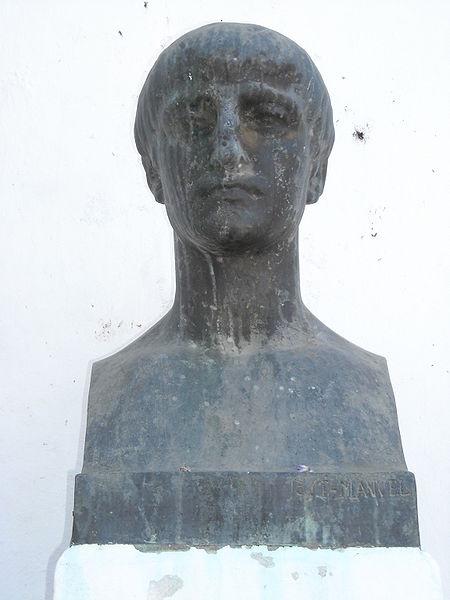
Marcus Annaeus Lucanus (39-65 CE): nephew of Seneca the Younger; Cordoba (see above image), Rome (Stoicism); quaestor & college of augurs; coaeval of Nero & member of court (Laudes Neronis, 60 CE); implicated in Pisonian conspiracy (65 CE), forced suicide at age 25 (April 15, 65 CE)
Tacitus, Annales 15.70: "He next ordained the dispatch of Lucan. When his blood was flowing, and he felt his feet and hands chilling and the life receding little by little from the extremities, though the heart retained warmth and sentience, Lucan recalled a passage in his own poem, where he had described a wounded soldier dying a similar form of death, and he recited the very verses. Those were his last words."
- incomplete De bello ciuili/Bellum Ciuile or Pharsalia (?) (9.985-6 Pharsalia nostra / uiuet, et a nullo tenebris damnabimur aeuo); < 10 extant books (8,060 hexameters)
- Quintilian, Inst. 10.1.90: ardens et concitatus et sententiis clarissimus . . . magis oratoribus quam poetis imitandus; Martial 14.194, “Some people say I’m not a poet: but the book dealer who sells me thinks I am”; popularity in antiquity, school text in Middle Ages; decline in mid-19th century & revival since 1990s
- Bellum Ciuile: narrative in tradition of Roman historical/annalistic epic poetry (Naevius' Bellum Poenicum, Ennius' Annales (d. 169 BCE)); lost (prose) historical sources include Livy; no intervention of epic's anthropomorphic deities, no Muse(s), some supernatural forces (fatum, fortuna, + dark figures)
- anti-Aeneid ("anxiety of influence"): empire as fall from freedom to tyranny, rejection of Augustan teleology & Golden Age propaganda > anti-national epic, antidote to myth of Rome's rise/return to greatness; Ovid (Metamorphoses, e.g. 1.67 fert animus)
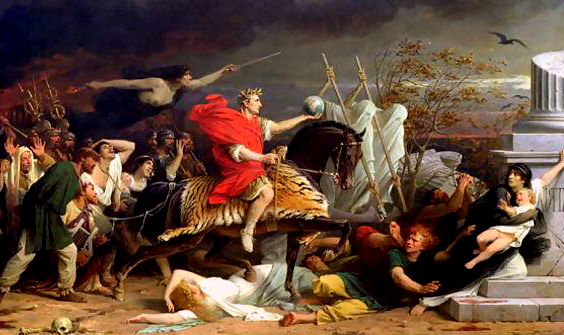
(Julius Caesar riding roughshod, world in hand)
- hostile toward Caesar(ism), principate (?); laments destruction of Roman Republic & loss of libertas (for senatorial class)

Picasso, Guernica, 1937
- central theme: civil war as fragmentation/dismemberment/disintegration of bodies & body politic (e.g. 1.3 in sua . . . uiscera)
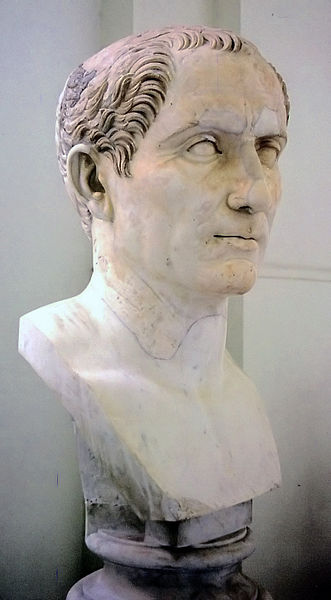
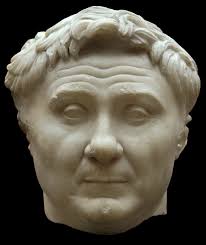
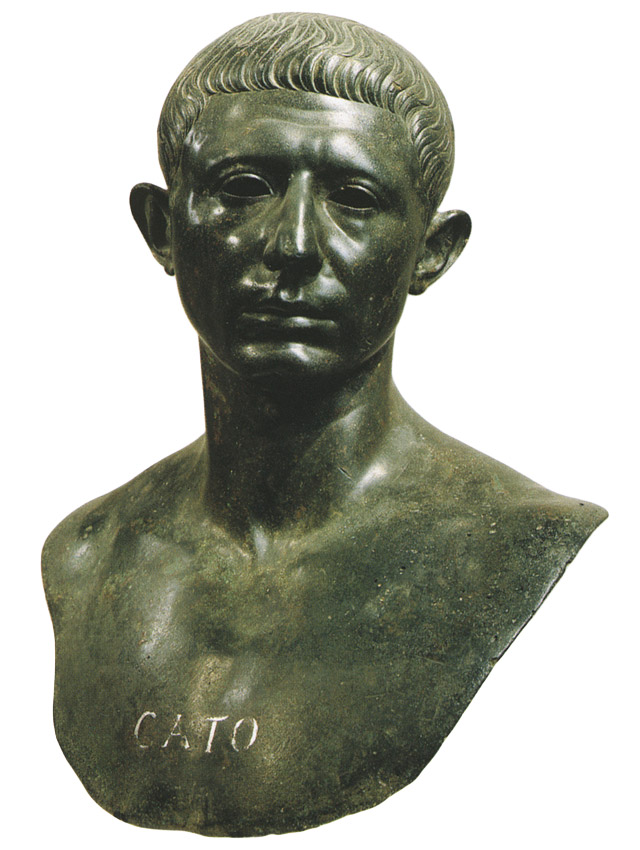
- epic's hero? (Julius Caesar (100-44 BCE)? Pompey (106-48 BCE)? Cato the Younger (95-46 BCE)?); un-heroic world?
- narrator’s voice omnipresent (esp. apostrophe, e.g. 1.8 o ciues)
- Lucan's stylistic tendencies: narrative delay (exegeses, ekphrases & other digressions) to highlight horror; sententiae (e.g. 1.70-1 summisque negatum / stare diu, 1.81 in se magna ruunt), hyperbaton (e.g. 1.1 bella . . . plus quam ciuilia), hyperbole, paradox (e.g. 1.2 iusque datum sceleri)
- mostly prosaic vocabulary (cf. Vergil, Ennius), but poetic complexity (imagery, metaphor, metonymy, intertextuality, etc.)





